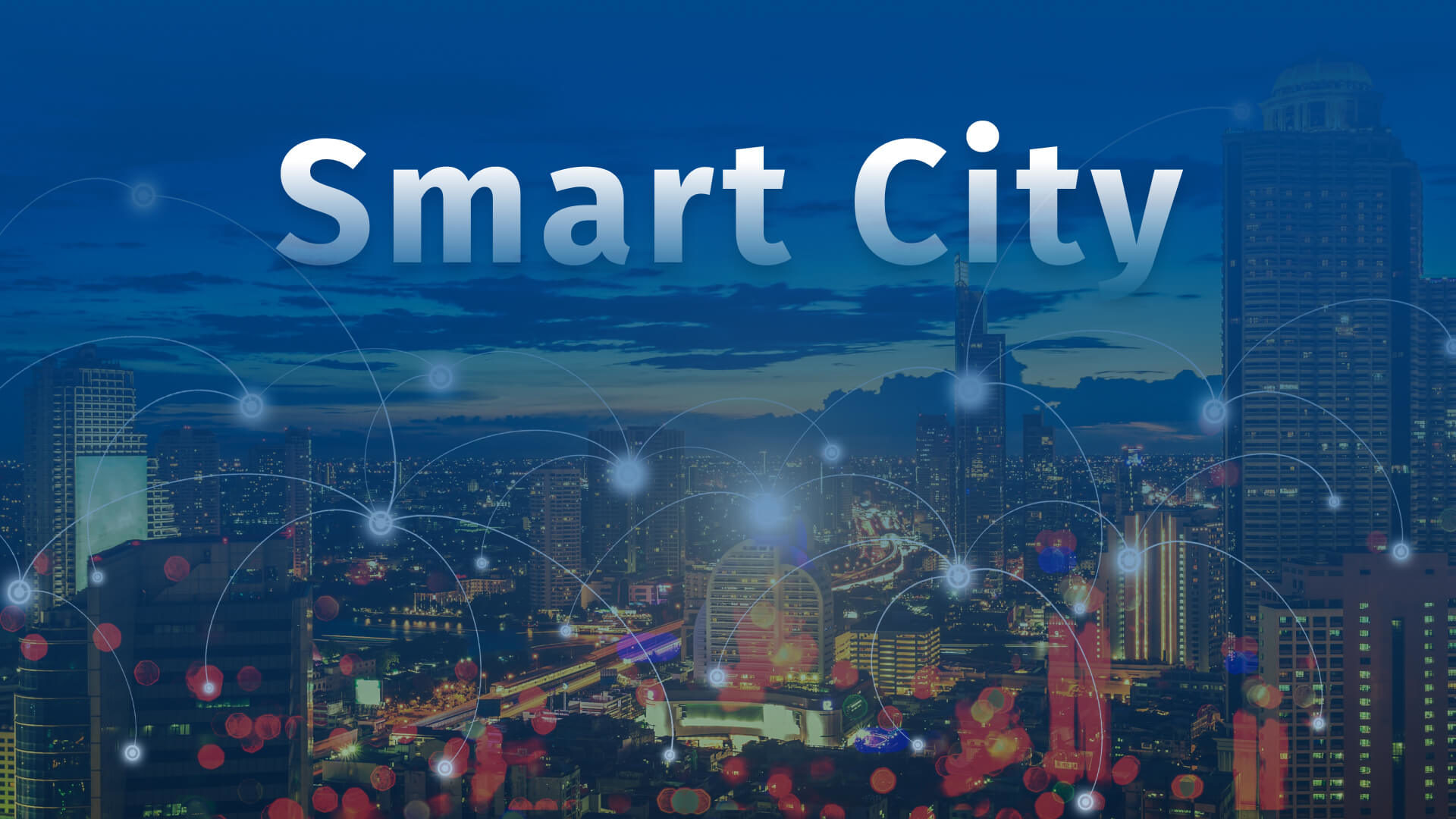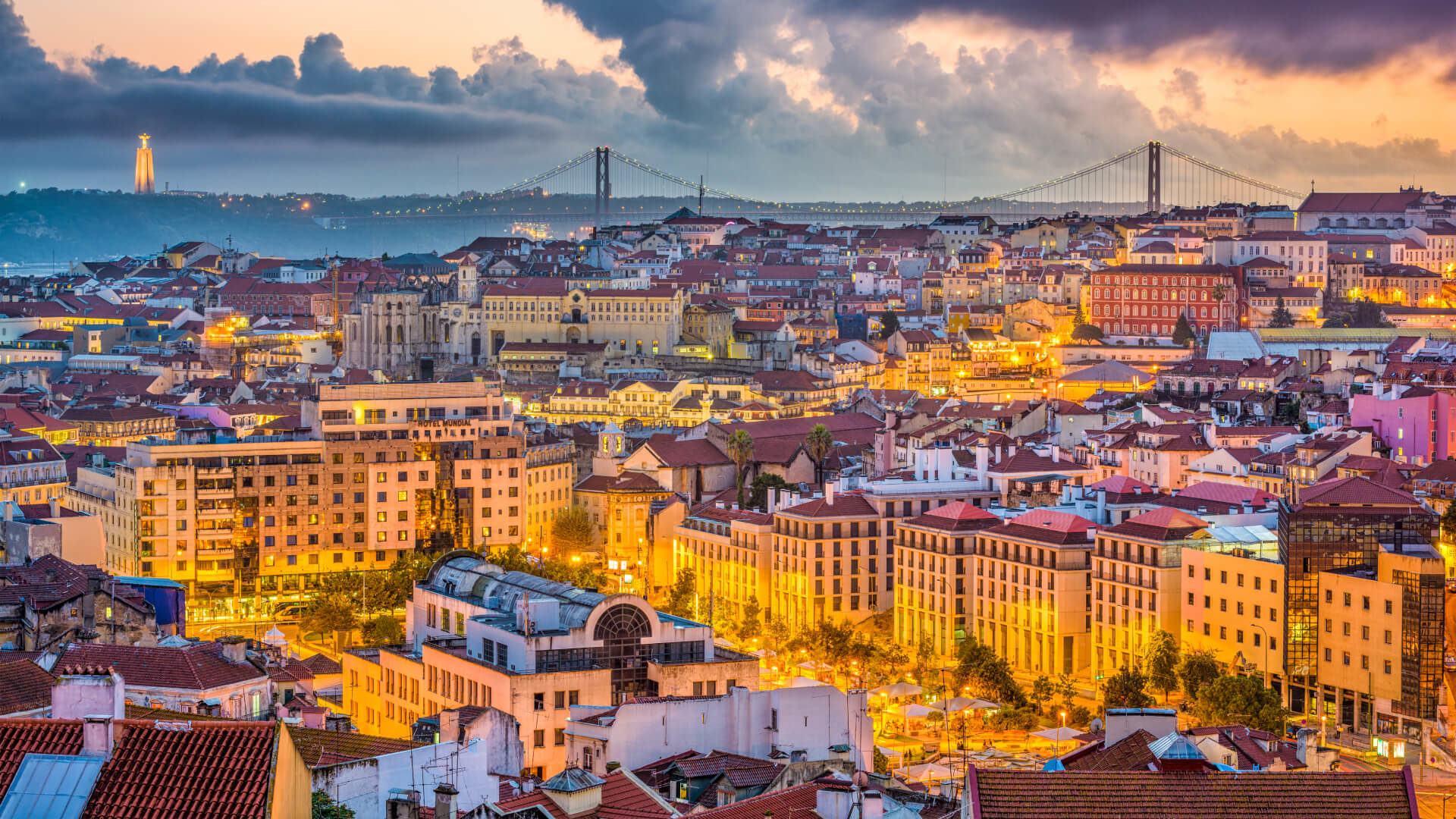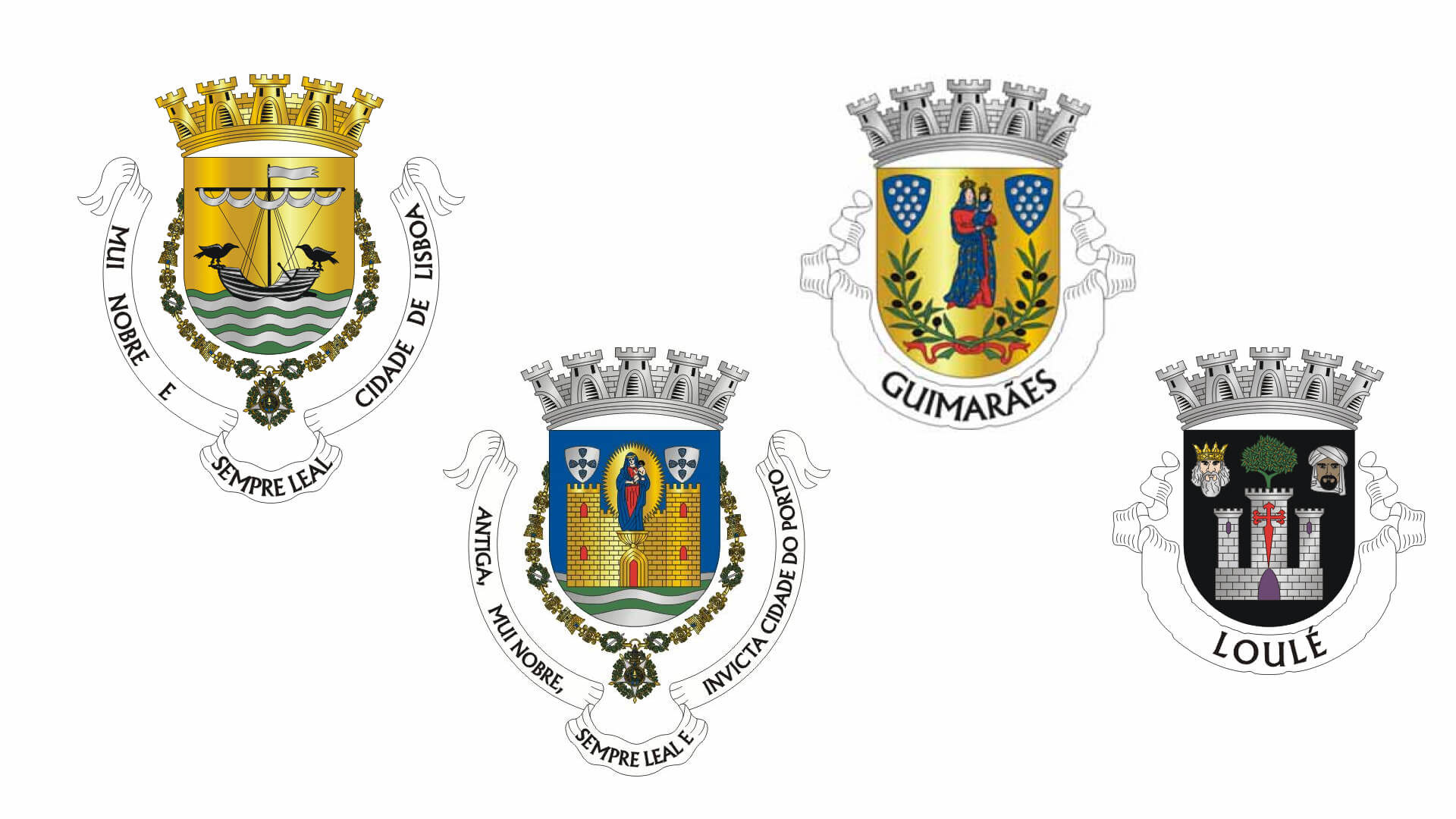Smart City: the reality of smart cities in Portugal

Smart cities are not just a trend of the future, they are already a reality and growing rapidly as technology evolves and affects municipal services worldwide.
More and more municipalities are aware of technological innovations capable of building smart cities that promote a healthy lifestyle, responsible use of public spaces and natural resources, and sustainable development.
Currently, more than half the world’s population lives in large urban centers, and statistics indicate that by 2050 this percentage will be around 70%. The strong concentration of population in large cities presents several challenges to municipal management, mainly due to pollution, housing, circulation, or access to services. Managing this reality, ensuring the necessary conditions for a high quality of life, is one of the great challenges of this generation.
Portuguese cities need urgent local action plans to manage a set of intelligent tools that they have already been installing.

But after all, what is a smart city?
The European Union defines Smart Cities as a set of systems and people who interact in an intelligent way using energy, materials, services and resources in a sustainable way. They represent a kind of fusion between citizens and systems that move in harmony, seeking to ensure the sustainable development of urban spaces. In short, smart cities are those that invest in Technology for the development of smarter, more desirable and sustainable services.

The importance of technology for the population’s quality of life
With the advance of the digital transformation in the market, the growth of the internet, and the ease of acquisition of mobile and digital devices, both people and companies are increasingly adept at technological services and products.
These types of solutions tend to offer more facilities and advantages to the population than traditional models. A practice that shows these gains can be seen in Smart Cities that adopt, for example, an intelligent system for Parking Management. Through such software, Smart Cities ensure a parking strategy that combines technology and human innovation to use as few resources – such as fuel, time, and space – as possible. In this way, new technologies contribute directly to people’s quality of life, facilitating and optimizing their daily activities, whether related to urban mobility, work, entertainment or education.

The Portuguese reality
In Portugal, 65% of the population lives in cities, which are responsible for 74% of carbon dioxide emissions. Values that reinforce the importance of cities for the national sustainability agenda.
Moreover, at the national level, there are currently two distinct realities. On the one hand, the large urban centers, developed and overpopulated. On the other hand, that of the periphery and interior regions with serious problems of population settlement and attraction. Facing the challenges of these realities implies the adoption of Smart City initiatives that ensure the sustainable development of urban spaces.
However, over the last decade there has been a very slow evolution in the adoption of new urban intelligence processes in Portugal. With a few exceptions, most investments in new Smart City technologies lack a global context and end up being exceptional processes.
In order to counter this trend, cities need local action plans to manage a set of intelligent tools that they have already installed and that should contribute to the resolution of several problems.
In this sense, a smart city project should be transversal to all departments and sectors of a city/municipality. Furthermore, it must have strong political support and focus on one direction: sustainable development and progress based on efficient, intelligent and balanced decisions.
National Smart Cities Strategy
In 2015, the Sustainable Cities 2020 strategy was published, which concretized the strategic options for sustainable development of cities, constituting a reference framework for municipalities and other urban agents in terms of territorial development.
However, in practice, there is no effective driving force for transformation. Since 2020, municipalities have prioritized fighting the pandemic and channeled many of the resources to mitigate its devastating effects.
The last two years turned out to be lost years for investments in the development of Integrated Strategic Plans and Smart City Roadmaps. This delay is something the Government wants to change, having committed to approve the National Smart Cities Strategy by the end of this year, a measure foreseen in the Digital Transition Action Plan. This is an initiative for the integration of Smart City projects with well-defined objectives for the years to come.

Portuguese cities investing in Smart City initiatives
At a national level, some cities are standing out for their efforts to transform some of their services into more sustainable offerings.
Lisbon
The Portuguese capital was elected European Green Capital in 2020. The title was awarded for having established several goals of energy efficiency and carbon neutrality in various city services, namely in energy, water, mobility, waste and green infrastructure and biodiversity.
Porto
Porto has been investing in mobility, energy transition, and new products or services that are more sustainable. Among several projects, the Porto Energy Hub and the focus on green spaces stand out.
Guimarães
In 2020, Guimarães received the distinction “100 Smart Cities” awarded by the European Commission. The municipality intends to be a Laboratory of the Future and is working on transformative projects in 12 challenging sectors for cities, namely energy, water, mobility, future of work, waste, housing, among others.
Loulé
With the goal of accelerating the energy transition, the municipality of Loulé has been working in the areas of energy efficiency, mobility, and the management and use of natural resources, developing solutions that facilitate the procedures related to these themes. In addition, the municipality has equipped its cities with free Wi-Fi network access and installed MUPIS to improve communication with its citizens.

An environmentally friendly, smarter and more efficient way to manage resources
Civi offers a set of technological solutions, developed and selected with the aim of creating smarter, more desirable and sustainable services. It is inspired by the Smart City concept, which integrates technology to create smart urban centers, optimizing operations, reducing costs and improving quality of life.
An example of a Civi solution in action is the implementation of the Smart Energy solution in the Municipality of Loulé, as part of the municipality’s strategy to combat the challenges associated with climate change. The implementation of the solution is an important milestone for energy sustainability in the management of the municipality, aiming not only to reduce the consumption of the municipal bill, but also to reduce greenhouse gas emissions (GHG).
Results:
- Reduction of human error.
- Reduction of work hours.
- Reduced response time to anomalies and alerts.
- Access to more information, faster.
Did you already know the reality of Smart Cities in Portugal? Follow our blog to stay up to date with all our tips and news!
Newsletter!
Subscreva a nossa newsletter e receba semanalmente todas as atualizações, com bónus de um ebook diferente todos os meses!
